
Proton was founded by scientists who believed that privacy is a fundamental human right. Headquartered in Geneva, Switzerland, Proton operates under strict Swiss privacy laws and outside the jurisdiction of the US and EU, making it a stronghold for digital rights. The company is funded by its community and paid subscriptions — not by advertising or selling user data. Every product Proton builds is designed around the idea of zero-access encryption, transparency (via open-source code), and auditability. Their infrastructure is hardened and independently verified by security firms to ensure resilience against breaches and surveillance. From journalists under authoritarian regimes to everyday users tired of tech overreach, Proton’s tools serve a global community seeking digital sovereignty.
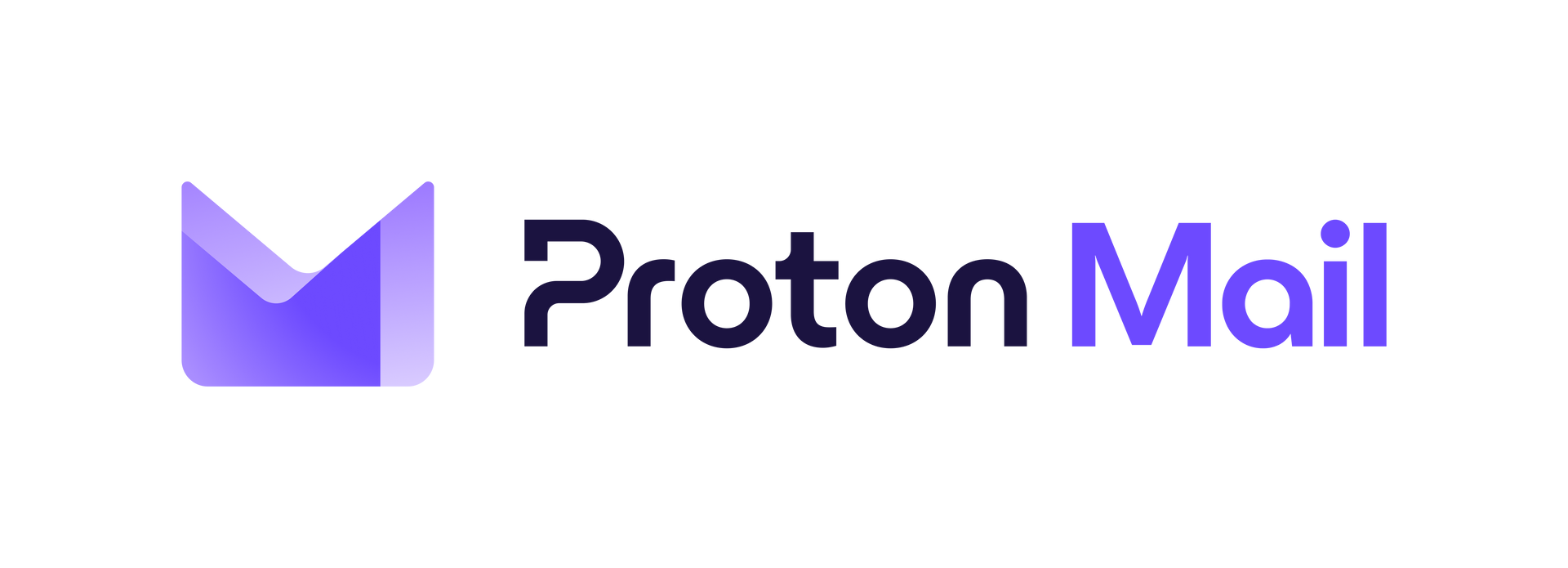
Proton Mail offers more than just encrypted messaging — it’s an encrypted identity hub. With over 100 million users, it supports end-to-end encryption using AES, RSA, and OpenPGP protocols. Messages between Proton Mail users are encrypted automatically, while messages to non-Proton users can be password-protected or sent with expiration timers.
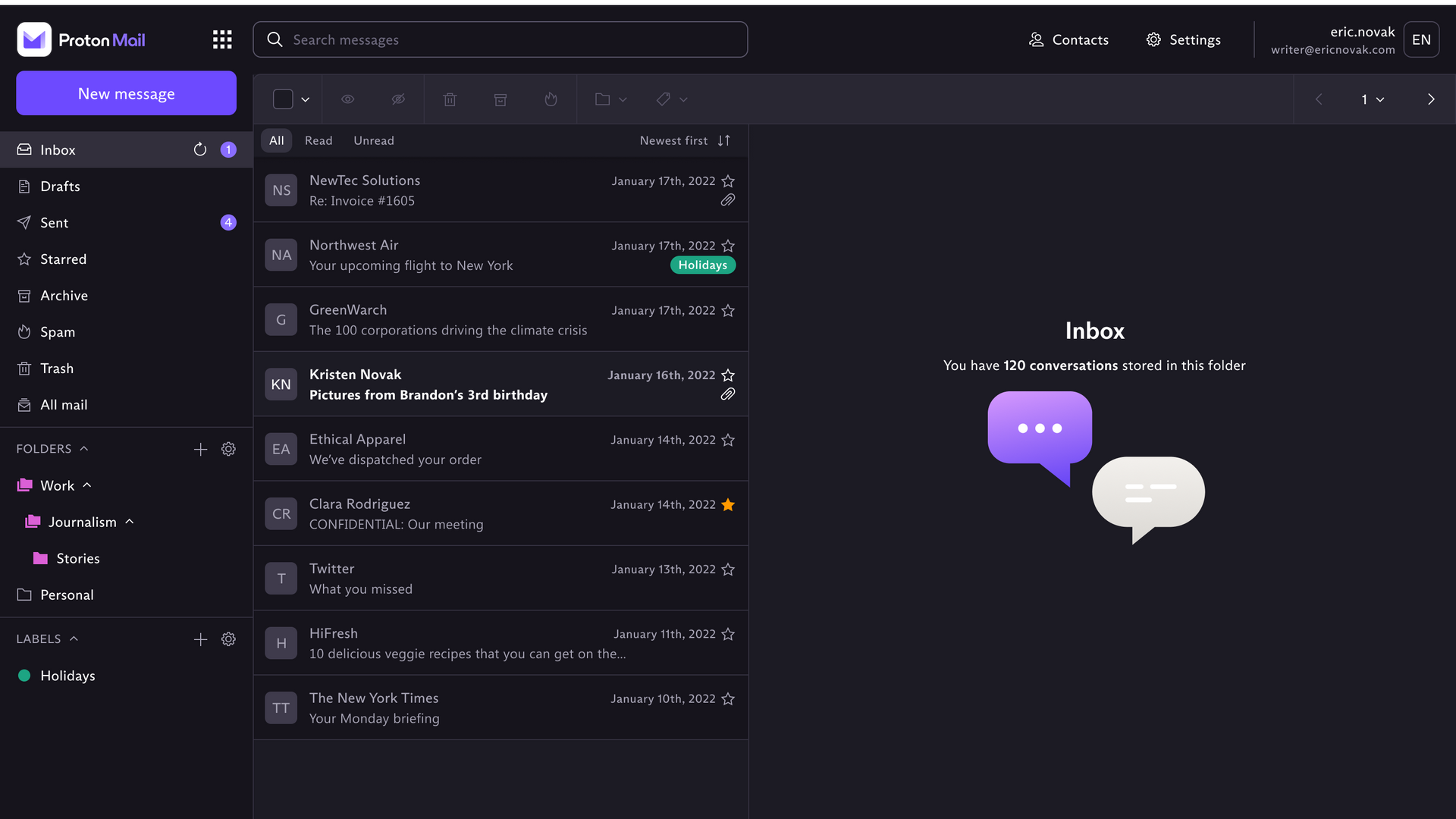
Proton Mail offers features like inbox rules, custom domains, contact encryption, and anti-phishing link protection. Its “Bridge” application allows users to integrate Proton Mail with desktop email clients like Outlook and Thunderbird while retaining encryption. Business users can manage multiple accounts, domain branding, and security policies through the Proton Admin Panel, making it viable for secure corporate communications.


Proton Calendar is the world’s first encrypted calendar that allows users to create, manage, and share events without exposing any information to the provider. Unlike Google or Apple calendars, Proton never has access to your event details — including titles, descriptions, locations, or invitees. It features full offline support, color-coded calendars, notifications, and web/mobile synchronization.
Upcoming integrations will allow Proton Mail users to schedule encrypted meetings with encrypted invites, all from a single interface. For privacy-conscious professionals, this ensures that no scheduling data can be harvested or sold.

Proton VPN goes beyond simple IP masking. It’s built to resist censorship and government-level surveillance, with no logging of IP addresses, browsing history, DNS queries, or session data. Secure Core routes user traffic through hardened servers in countries like Switzerland and Iceland before exiting to the wider internet, adding an extra layer of protection against traffic correlation attacks.
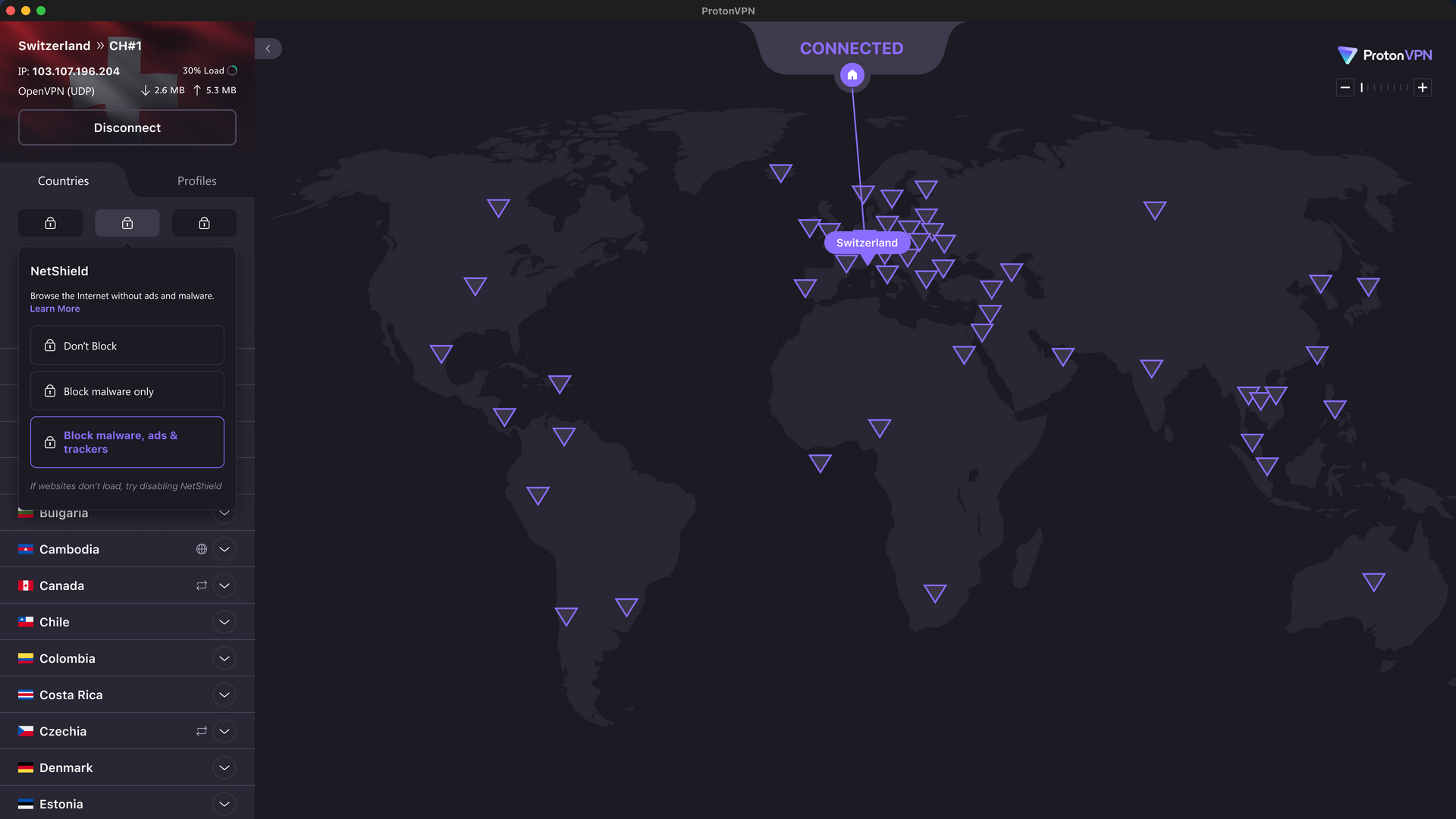
It also features kill switch protection, DNS leak prevention, custom port selection, and full-disk encrypted servers. Unlike many commercial VPNs, Proton VPN is independently audited and has a free tier that’s unlimited — without ads or selling user data. It’s frequently recommended by digital rights organizations for activists, whistleblowers, and people living under internet restrictions.
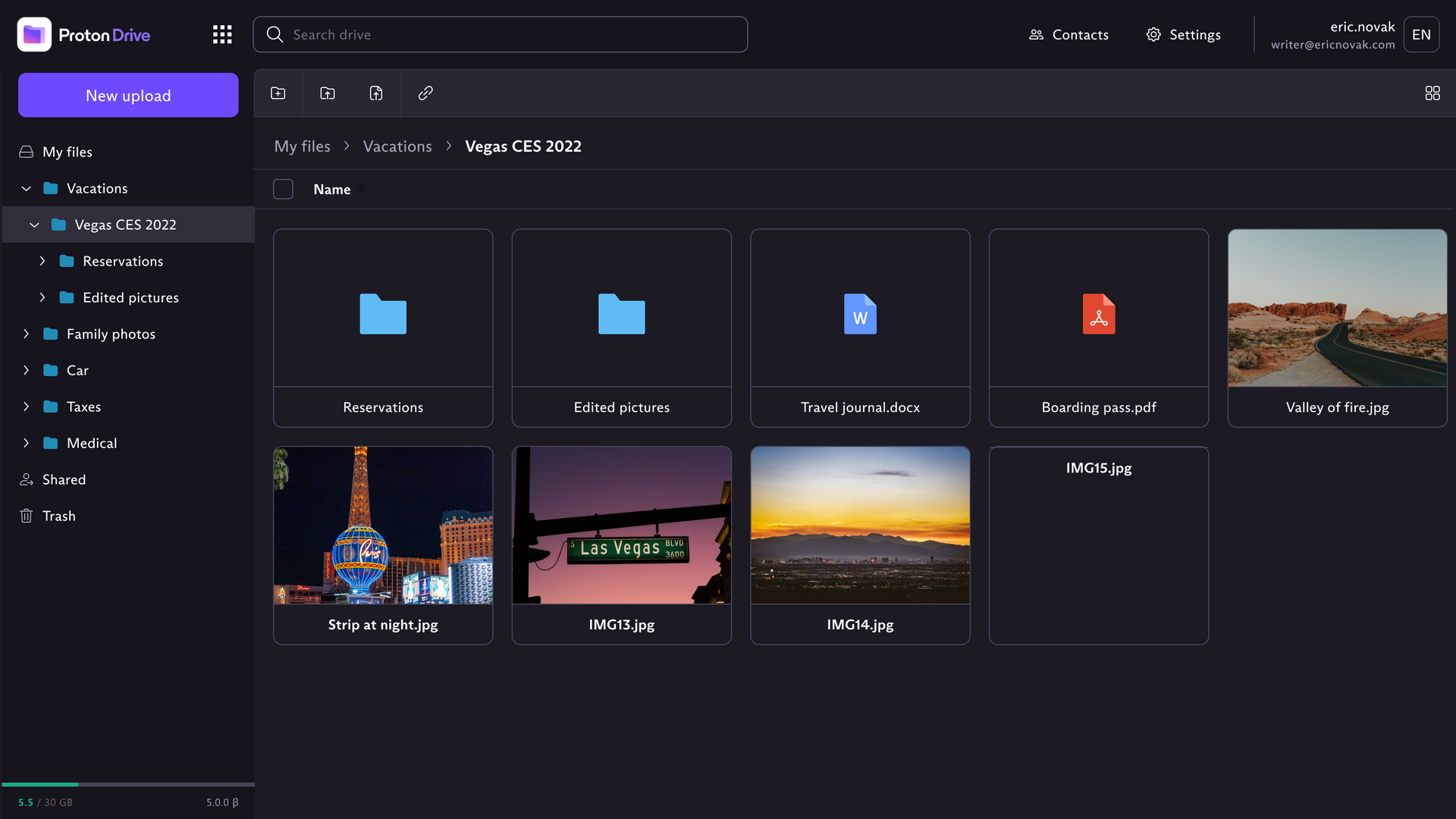

Proton Drive offers zero-knowledge file storage with encryption at rest and in transit. All metadata, including filenames, folder structures, and thumbnails, is encrypted using keys derived from the user’s password. File sharing is private by design, offering password protection, expiration controls, and watermarking to prevent misuse. Drive integrates with Proton Mail, allowing users to send encrypted file attachments or secure download links directly from their inbox. It’s particularly useful for legal professionals, researchers, and journalists who need to store sensitive documents without relying on U.S.-based tech giants.

Proton Pass brings Proton’s security model into the realm of credential management. Built with zero-knowledge architecture, Proton Pass encrypts everything — not just your passwords, but also usernames, notes, web addresses, and even autofill suggestions. It supports TOTP (two-factor codes), strong password generation, and password health checks. Uniquely, it also integrates SimpleLogin’s alias technology, allowing users to generate private email addresses on the fly for different sites. This defends against spam, data leaks, and unwanted profiling. Proton Pass is especially useful in combating phishing and credential stuffing attacks, and its seamless sync across devices makes it practical for both personal and enterprise use.
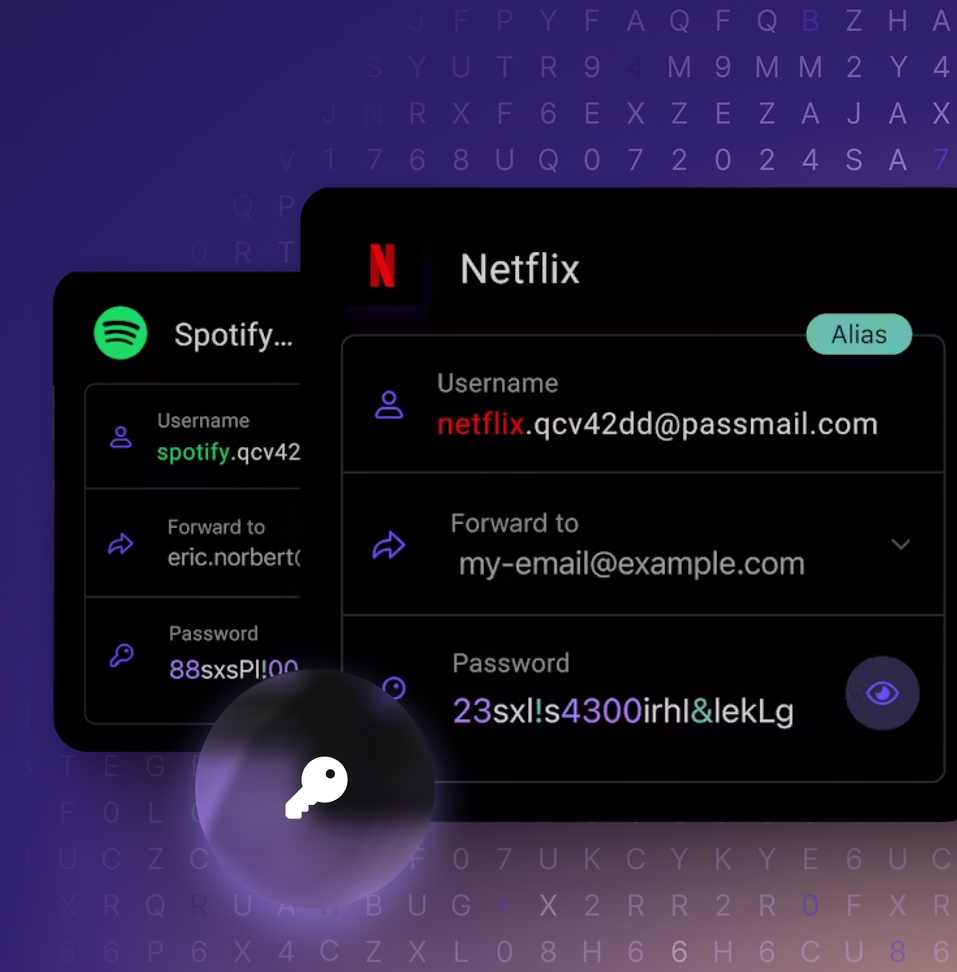


Proton Wallet is Proton’s entrance into Web3 and digital asset privacy. Built to be fully self-custodial, the wallet allows users to generate and store private keys locally, ensuring that Proton never has access to funds or transaction history. Unlike many wallets that rely on browser extensions, Proton Wallet is designed with native apps that feature encrypted seed phrase storage, private transaction metadata, and decentralized identity integrations. The wallet also plans support for privacy-preserving cryptocurrencies and cross-chain compatibility in the future. With a focus on usability and security, Proton Wallet is expected to serve not just crypto enthusiasts, but anyone looking to safely engage with digital finance under full privacy control.

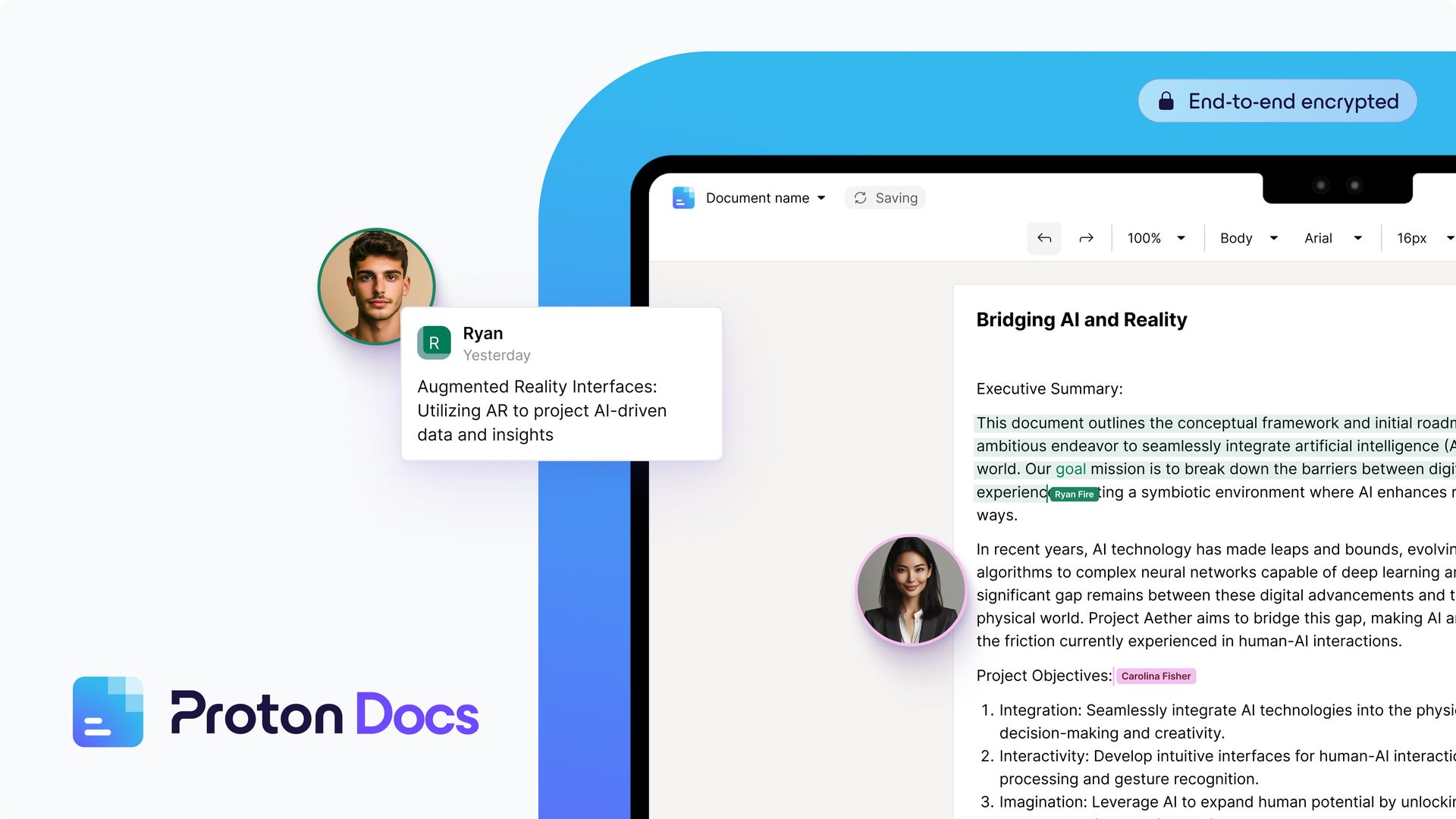
Proton Docs is an upcoming addition to the Proton ecosystem, designed to be a privacy-first, end-to-end encrypted alternative to Google Docs. Currently in development (or early access depending on rollout phase), Proton Docs will allow users to create, edit, and collaborate on documents in real-time — all without exposing document contents to Proton or any third parties. It follows the same zero-access encryption model that underpins Proton Mail and Drive, ensuring that everything from document content to edit history is encrypted client-side.
The aim of Proton Docs is to enable secure collaboration without sacrificing usability. Proton is prioritizing:
- Real-time encrypted collaboration, similar to Google Docs.
- Private comments, tracked changes, and version history.
- Secure document sharing with granular access controls.
- Full integration with Proton Drive, making it easy to manage files across the encrypted ecosystem.
Once released, Proton Docs will likely be a major tool for journalists, researchers, legal teams, and anyone working with confidential or sensitive information who cannot afford to risk third-party access to document data.
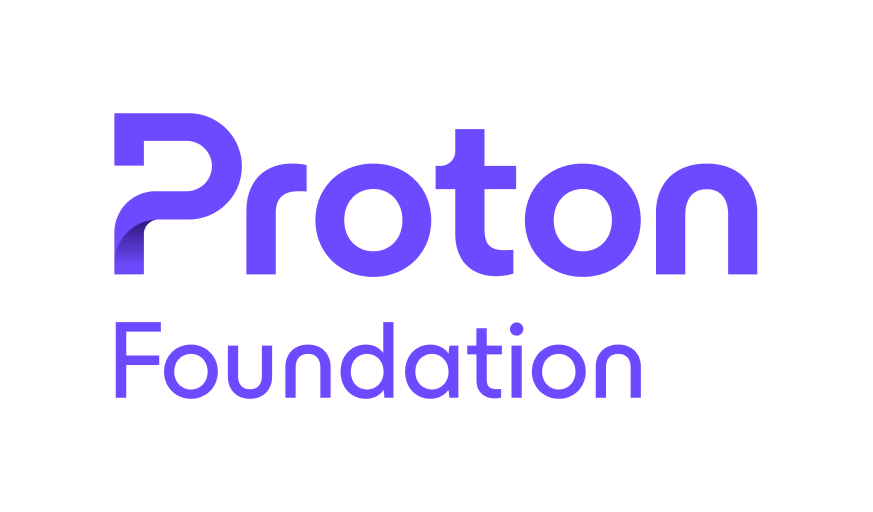
The Proton Foundation is the non-profit entity behind Proton, originally created to ensure that Proton’s core mission — protecting privacy and digital freedom — remains independent from commercial or political pressure. Unlike most tech companies, Proton is not driven by advertising revenue or investor demands. The Foundation ensures that all product development aligns with long-term user interests, open-source principles, and human rights.
Key roles of the Proton Foundation include:
- Maintaining Proton’s independence, preventing buyouts or external influence.
- Funding the development of free, secure tools, like Proton Mail’s free tier and VPN access for activists.
- Promoting digital rights, privacy awareness, and encrypted communications globally.
- Overseeing transparency, including security audits, bug bounty programs, and open-source contributions.
It’s similar in spirit to Mozilla or the Signal Foundation — acting as a guardian for ethical technology. By creating a foundation instead of becoming a traditional for-profit entity, Proton has made a public commitment to privacy as a fundamental right, not just a product feature.

